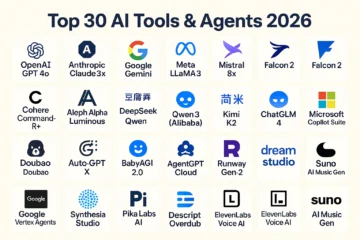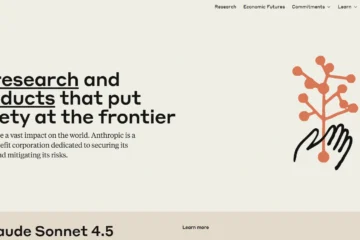
Linux Foundation’s Portfolio Approach: Zemlin’s Insights on Open Source Success
Jim Zemlin on Portfolio Approach to Linux Foundation Projects
The Linux Foundation stands as a pivotal force in the open-source ecosystem, nurturing a vast array of projects that underpin much of modern technology. Jim Zemlin, former Executive Director of the Linux Foundation, discussed the foundation’s strategy of managing its projects as a portfolio, emphasizing diversity and sustainability. In a recent interview, Zemlin highlighted how this approach has been crucial for the success and longevity of numerous open-source initiatives.
The Portfolio Strategy: Diversification and Sustainability
Zemlin explained that the Linux Foundation doesn’t just focus on individual project success but views all its hosted projects as part of a larger portfolio. This means ensuring a balance between different types of projects, from operating systems to cloud-native technologies, and fostering an environment where each project can thrive independently while contributing to the overall ecosystem. This diversification is key to mitigating risks and ensuring long-term sustainability.
According to Zemlin, sustainability is achieved through several mechanisms, including diverse funding models, strong governance structures, and active community engagement. The Linux Foundation provides the infrastructure and support necessary for projects to grow, while also ensuring they remain independent and community-driven.
Key Factors in Project Success
Zemlin pointed out several factors that contribute to the success of Linux Foundation projects. One of the most important is having a clear and compelling vision for the project. Projects that address a specific need or solve a particular problem are more likely to attract contributors and users. Additionally, strong leadership and a well-defined governance model are essential for guiding the project’s development and making important decisions.
Another crucial factor is community engagement. Successful projects have active and vibrant communities that contribute code, provide feedback, and support other users. The Linux Foundation actively fosters community engagement through events, forums, and other initiatives.
Challenges and Future Directions
Despite its successes, the Linux Foundation faces several challenges. One of the biggest is ensuring that projects have the resources they need to continue to grow and evolve. This includes funding, but also technical expertise and community support. Zemlin noted the importance of attracting and retaining talented developers and maintainers.
Looking ahead, the Linux Foundation is focused on expanding its reach into new areas, such as AI, edge computing, and blockchain. It also aims to increase diversity and inclusion within the open-source community, ensuring that everyone has the opportunity to participate and contribute.
Impact on the Open Source Ecosystem
The Linux Foundation’s portfolio approach has had a significant impact on the open-source ecosystem. By providing a neutral and supportive environment for projects to thrive, the foundation has fostered innovation and collaboration across a wide range of industries. Many of the technologies that power the internet and modern computing are based on Linux Foundation projects.
Zemlin’s insights highlight the importance of strategic management and community engagement in the success of open-source initiatives. As the open-source ecosystem continues to grow and evolve, the Linux Foundation’s portfolio approach will likely remain a key factor in its ongoing success.







